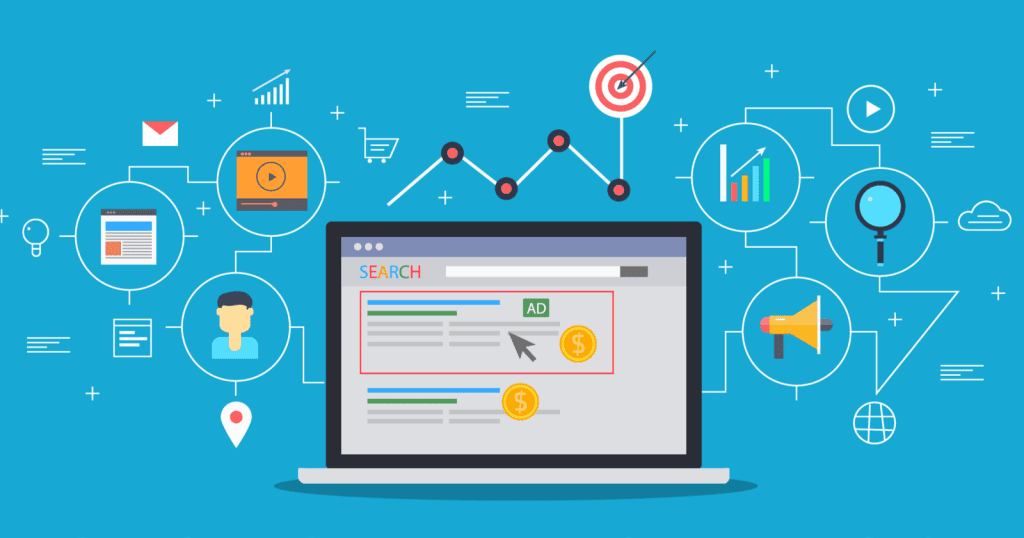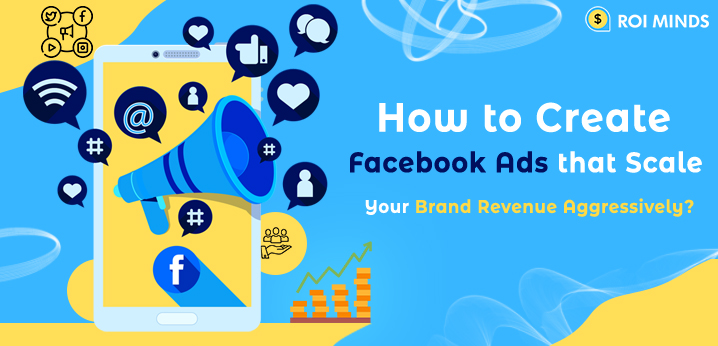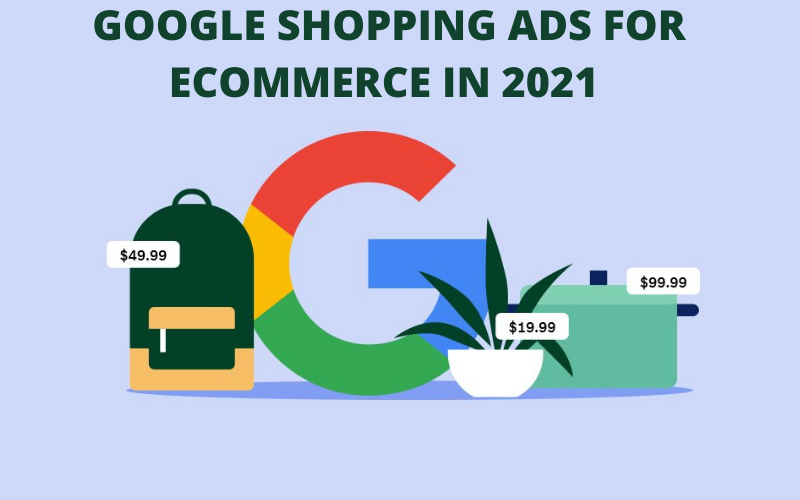Let’s talk about two giants of PPC: Google Shopping and Facebook Ads. Most of the advertisers got confused in determining which platform they should invest their budget and which is better for their business.
Most of the advertisers start with their guesswork while selecting the PPC platform. But for the profitable campaign, it should start with knowing not guessing. In this blog, we help you take out your guesswork and take a hard look at PPC channels which will be profitable for your business or actually better for you.
Basic Difference Between Both PPC Channels
As Google is known for Paid search ads, means it’s based on the search intent of users when they search related to our product, our ads will appear in front of them.
Facebook ads are known as paid socials, it targets our ads in front of users who might be interested in our product.
So the primary difference between them is that Google ads help you to acquire a new user, while Facebook helps new user to find you.

How Google Shopping ads and Facebook ads Works
Audience
In the case of Google shopping, audiences are searching for which they are in need, which means most of them are in their buying mode.
While in Facebook ads because of its social platform you have to interact with your audience socially. You can’t just ask people to make a purchase with the very first ad you show them.
You have to create an experience by telling them a story or by creating a sales funnel. First, you have to select their interest, talking about their problem. Then you have to make them aware of the solution and then you try to sell them your product.
Creative Needs
For Google Shopping, they just require the product feed data with little to no artistic inclination, on another side in Facebook Ads they require to add higher creative effort.
On Facebook, users are not in search of a solution, like they were on Google, because of this you need to grab their attention with eye-catching creatives and engaging content.

Ad Placements
With Facebook Ads, your ads can be shown on their newsfeed, in videos platform, in the right sidebar (on desktop devices), in Messenger and alongside content or within apps across Facebook’s audience network.
Additionally, you can also show your ads on an Instagram feed or their Instagram stories.
For Google Shopping, it is placed in different stages of the purchasing funnel. Buyers generally begin their product search on Google, actively searching for a solution and making analytic decisions with a higher willingness to buy.
Facebook might be best to target shoppers emotionally, by rediscovering their product or see it in a different type of context, where shoppers are merely scrolling through their feeds, not actively shopping.
Targeting
Unlike Google paid search platforms like Google Shopping ads, it helps you to find new customers by extracting keywords from product feed data like titles and descriptions and on the other side, Facebook Ads help audiences to find businesses on basis of their interest or in which they are interested, their online behaviour and their demographics.
Facebook pixel helps you to make custom audiences, by creating the list of people who have visited your website but haven’t made the purchase. Once this is done, you can target them by making an aggressive strategy that will ensure you a conversion in future.
Facebook is also great at creating “lookalike” audiences. It’s like creating the audiences similar to custom audiences, it’s resulting in a new audience made up of the same interests and consumer behaviour, allowing you to exponentially widen the potential reach of your ads.
Tracking
Google uses a tracking system based on browser cookies and Facebook Ads use their tracking based on user profiles.

If we unify a user’s sessions across devices and browsers, there might be a discrepancy between the reports of Facebook conversions and what you see in Google Analytics conversions reports.
Compared to Google Shopping ads and Facebook ads are best For?
Facebook Ads have varied targeting options, it will be a great way to reach out to your target audience when you want to:
- Generate new demand for your products
- Increase brand awareness
- Wanted to Re-engage with site visitors or past customers
- Generate engagement with new users through contests, promotions, etc.
Selling Novel Product – For retailers who invented a new product or, not yet well-known product, Facebook ads will be powerful in terms of reaching an audience, generating demand and even sales.
I have worked for one of our clients who had invented a brand new fishing tool that no one had ever heard of before. We started with their Google Ads but we got very low numbers in terms of sales so we decided to try Facebook ads.
After we switched to Facebook Ads his sales increased to 8x because it was the right fit for the platform. We present this product to a very engaged audience (fishing enthusiasts) and people buy it on impulse since the price point was relatively low.
Ad copy we used was actually just informational, with an explanation of what the product does and how you can use it but it was enough for people to go for a purchase.
Selling Well Known Products – If you’re selling branded or well-known products, that already have a market with demand and have people already searching for them, you will have a higher ROI from Google Shopping as compared from awareness-based platforms such as FB Ads social media.

What should you use? Facebook ads or Google shopping!
Facebook is great for creating awareness and demand, there’s no doubt about it. What they’re not good for is direct sales. Google Shopping is better to capture high-intent customers who are ready to buy.
Now, what you Should use – Google Shopping instead of Facebook Ads?
Both have very different advertising opportunities with very distinct strategies. So my advice is to experiment with both PPC platforms.
It’s important that you should set all things right and then analyse your results and figure out where you should allocate your time and budget.
Let us know which PPC platform is the best fit for your business and why.





